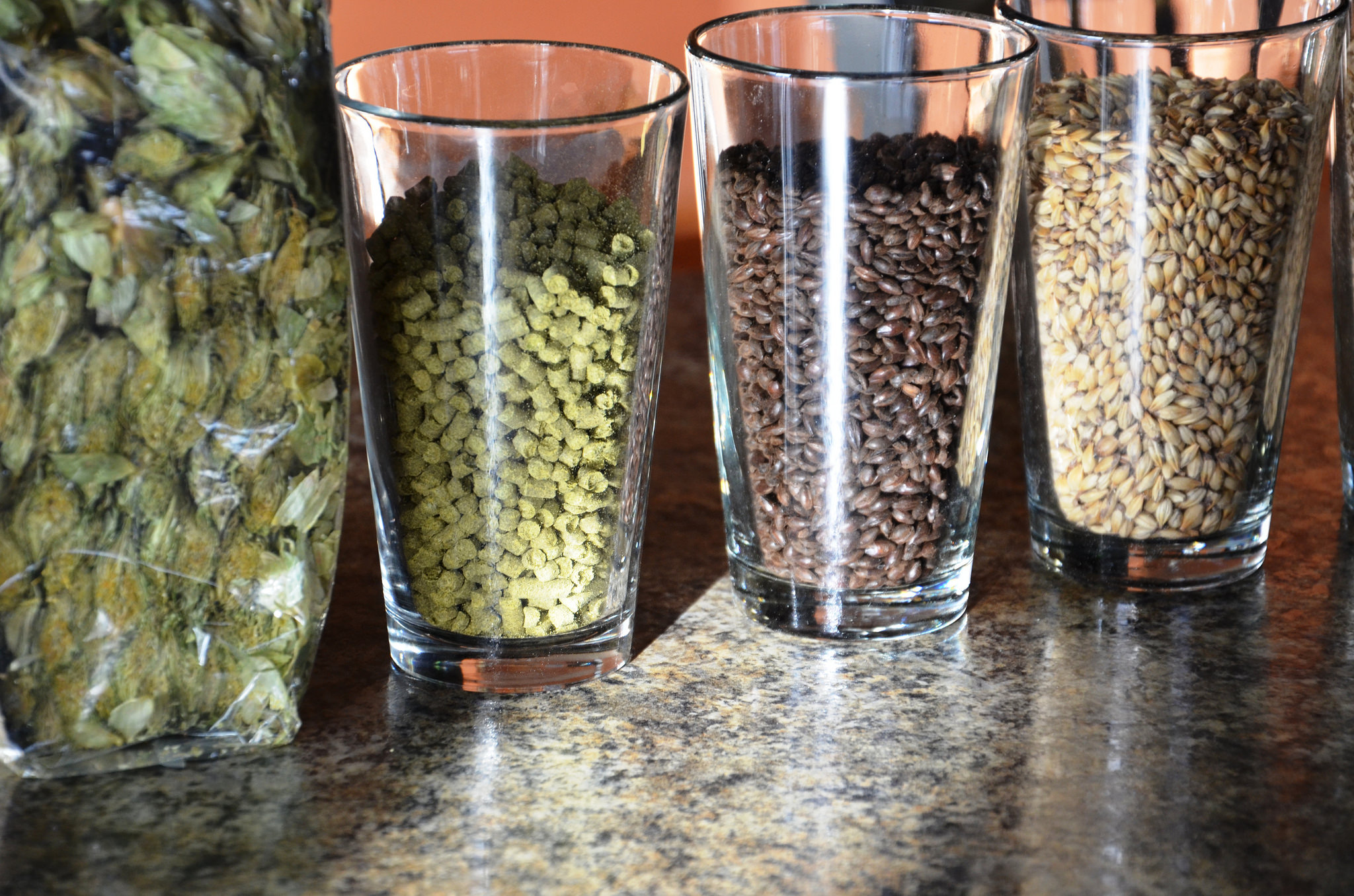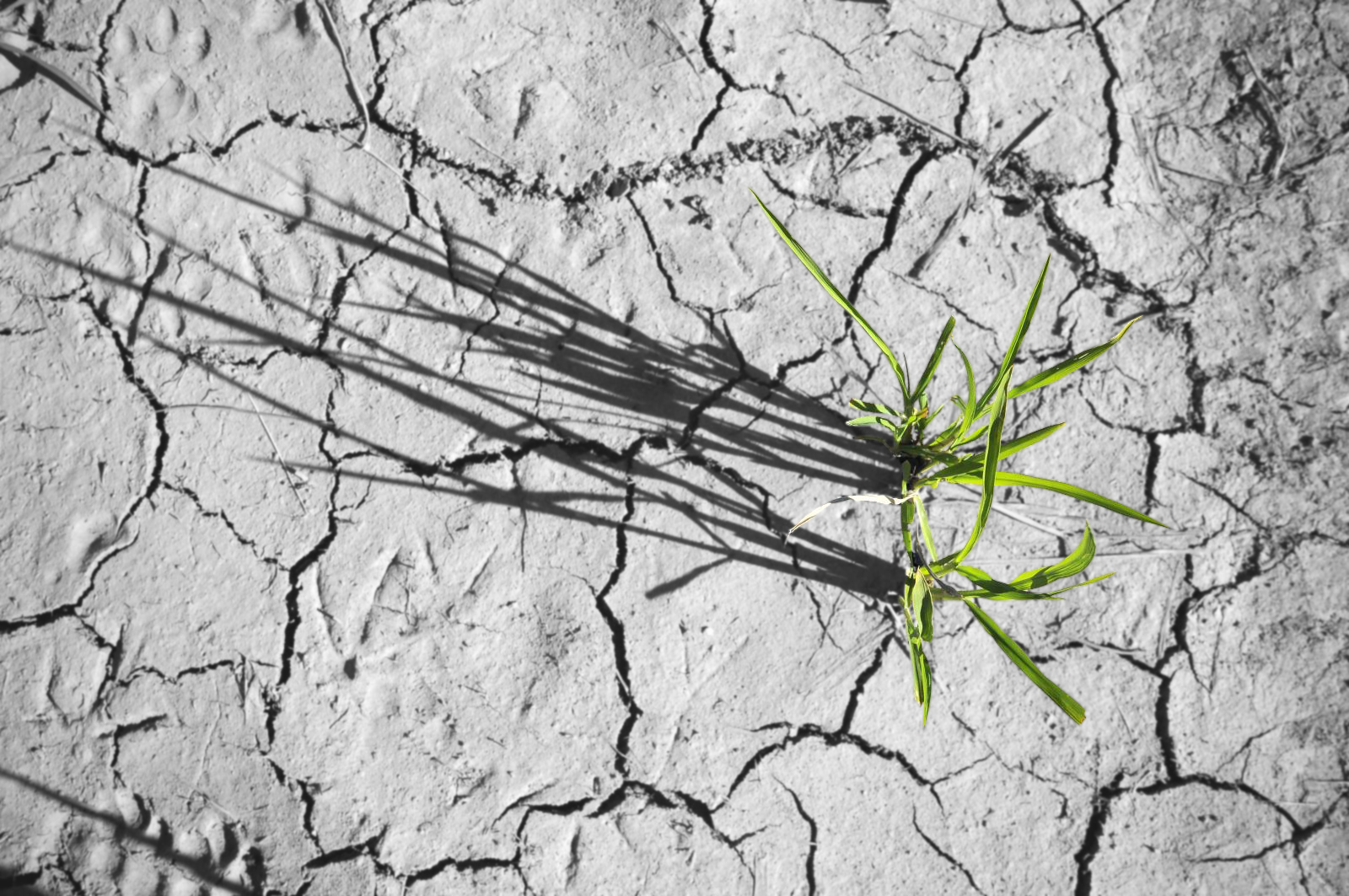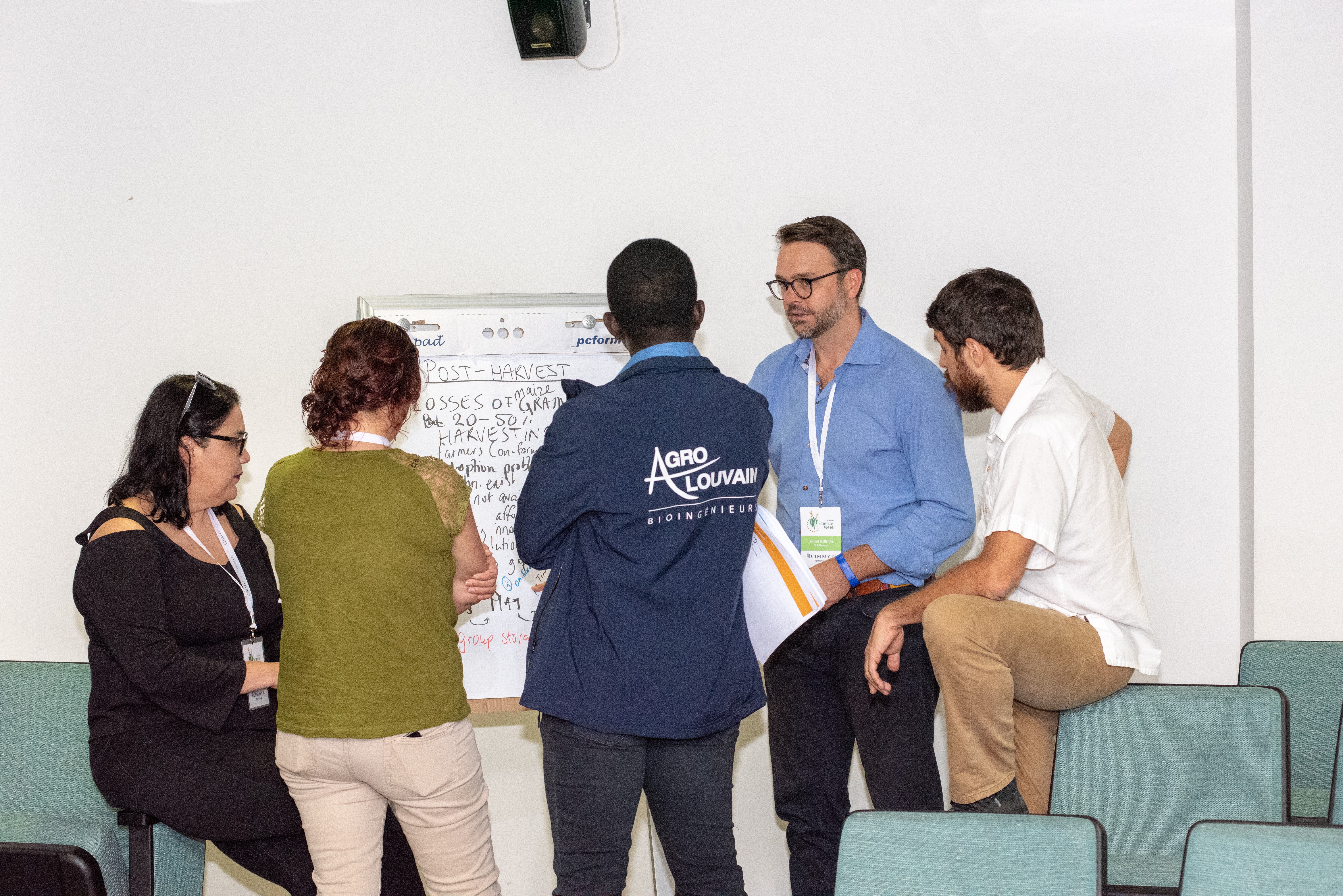
EL BATAN, Mexico (CIMMYT) — As the impact of climate change on food staples becomes more apparent, scientists with the International Maize and Wheat Improvement Center (CIMMYT) are beginning to study how increasing temperatures will affect other contributors to the human diet. A new study indicates that the global beer supply will be hard hit. Given how seemingly plentiful beer is, this is difficult news to hear.
The study, “Decreases in global beer supply due to extreme drought and heat,” was simply “born out of a love for beer and the fear of its potential scarcity,” says Wei Xiong, a senior scientist at the CIMMYT and a key contributor to the research.
Two years ago, Xiong and the other scientists began to design the study to learn more about extreme drought and heat patterns adversely affecting crops around the world. Barley, the primary cereal grain from which beer is brewed, is one of the most heat-sensitive crops, meaning that even short periods of high temperatures can affect grain quality and grain yield.
Despite a number of studies published assessing yield loss of barley and other crops due to global warming, there were no previous studies published connecting the price of beer to barley yield. The study, which the scientists refer to as the “drinking security” project, has garnered world-wide interest from various media outlets given the popularity of beer.
Wanting to connect their research with an interest of the general public, or the price of beer, the study’s authors saw value in researching the intersection of barley, beer and climate change. As a cross-culturally shared beverage, beer — to some extent — is more popular than rice, wheat and maize as it is recognized as a lifestyle staple. “This is the reason why we chose barley and beer as the case crop, to raise awareness of climate change and its impacts. The wide interest in the study proved we succeed,” says Xiong.
The study also points out an alternative way to raise the public awareness of climate change for the future, or presenting an issue that has tangible realities for the average person. “Consuming less beer thanks to climate change won’t necessarily affect global health, but having no beer will definitely add insult to injury, particularly when we’re watching sports matches,” says Xiong. “If you still want a few pints of beer, then the only way to do so is to mitigate climate change.”
In the process of conducting climate and crop model simulations for the study, Xiong improved available data on global barley supply through the introduction of the Decision Support System for Agrotechnology Transfer (DSSAT), a program used for simulating crop growth, to develop a global calibration algorithm to allow the model to reproduce historical and projected future barley production.
This was the first endeavor to date using the DSSAT model for single crop analysis on a global scale — a total of 38 barley producing regions were analyzed. Xiong also assisted in the designing of the study’s extreme warm weather index to identify extreme drought and heat years from climate simulation outputs.
Following the use of DSSAT, CIMMYT-led High Performance Computing (HPC) allowed for the calculation of barely grain yield change due to extreme drought and heat, a fundamental component of the study. CIMMYT is currently establishing the modeling capacity to be able to cover 30 more crops worldwide in addition to barley with multiple HPC models. This will ultimately aid CIMMYT in analyzing agricultural and economic risks associated with maize and wheat.
The study acknowledges its limitations as a result of factors that were kept constant such as the behaviors of barley producers and beer drinkers, global food stock and population growth. “One shortcoming of the paper that could be improved in cooperation with CIMMYT is looking at the spatial shift of crop area under a warming climate,” Xiong says. “This area shift, or cultivar shift between regions, has already happened in many countries to help cope with a warming climate, but we are not clear how it happens and its resulting consequences.”
Despite the study’s findings, there is still space to develop the analysis by further considering the implications of future climate change forecasts. While the fate of beer seems bleak, there is still hope for the beverage in that the study did not consider the world’s progress in developing heat and drought resistant barley varieties and their adoption by farmers. However, Xiong particularly believes that the study signals the butterfly effect in climate change impacts, meaning that everyone will eventually suffer from the effects of climate change if no action is taken to fight it.
With news of a potential decrease in the world’s beer supply, climate change seems to have abruptly arrived on beer lovers’ doorsteps.
 Climate adaptation and mitigation
Climate adaptation and mitigation 
